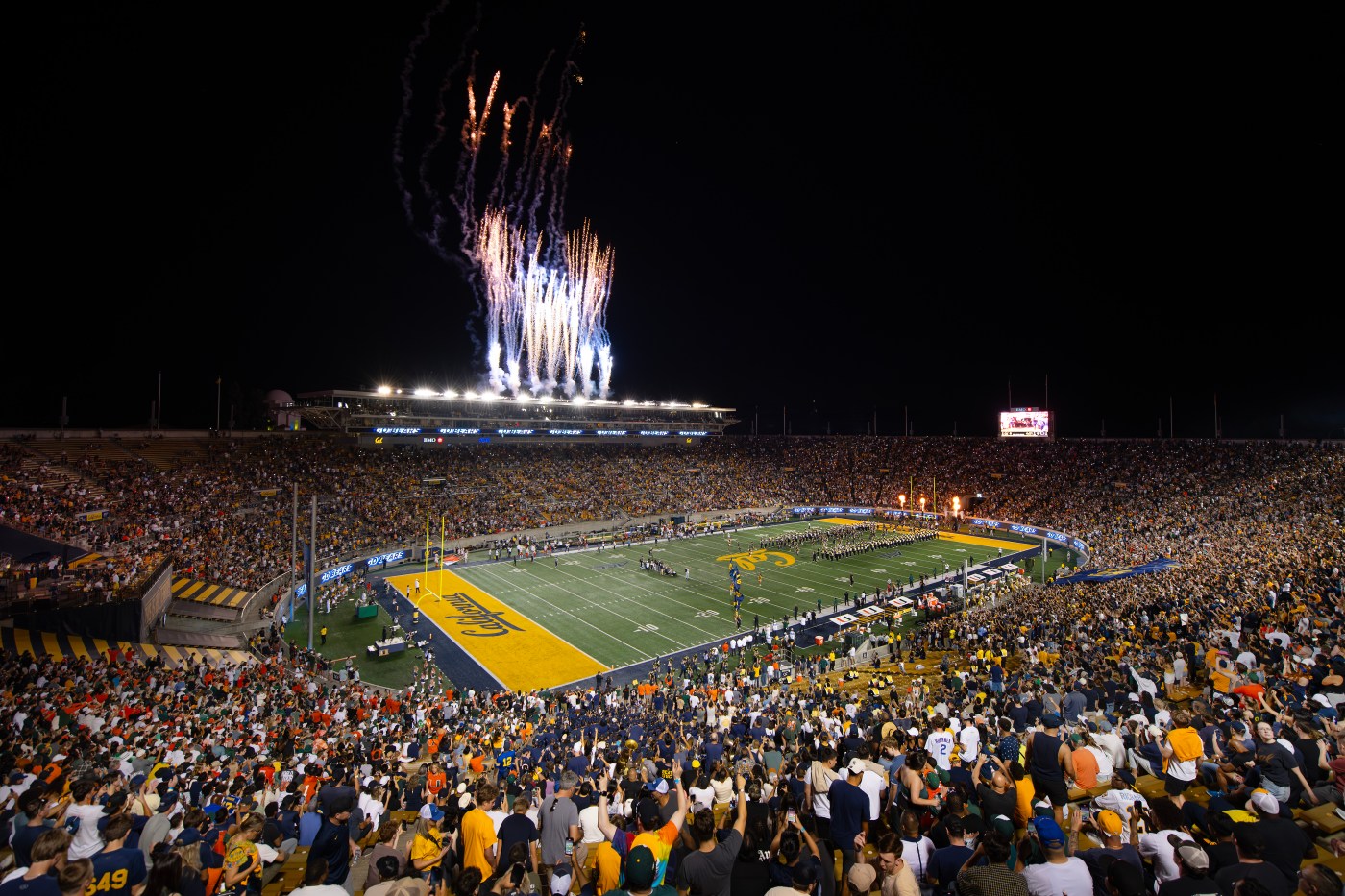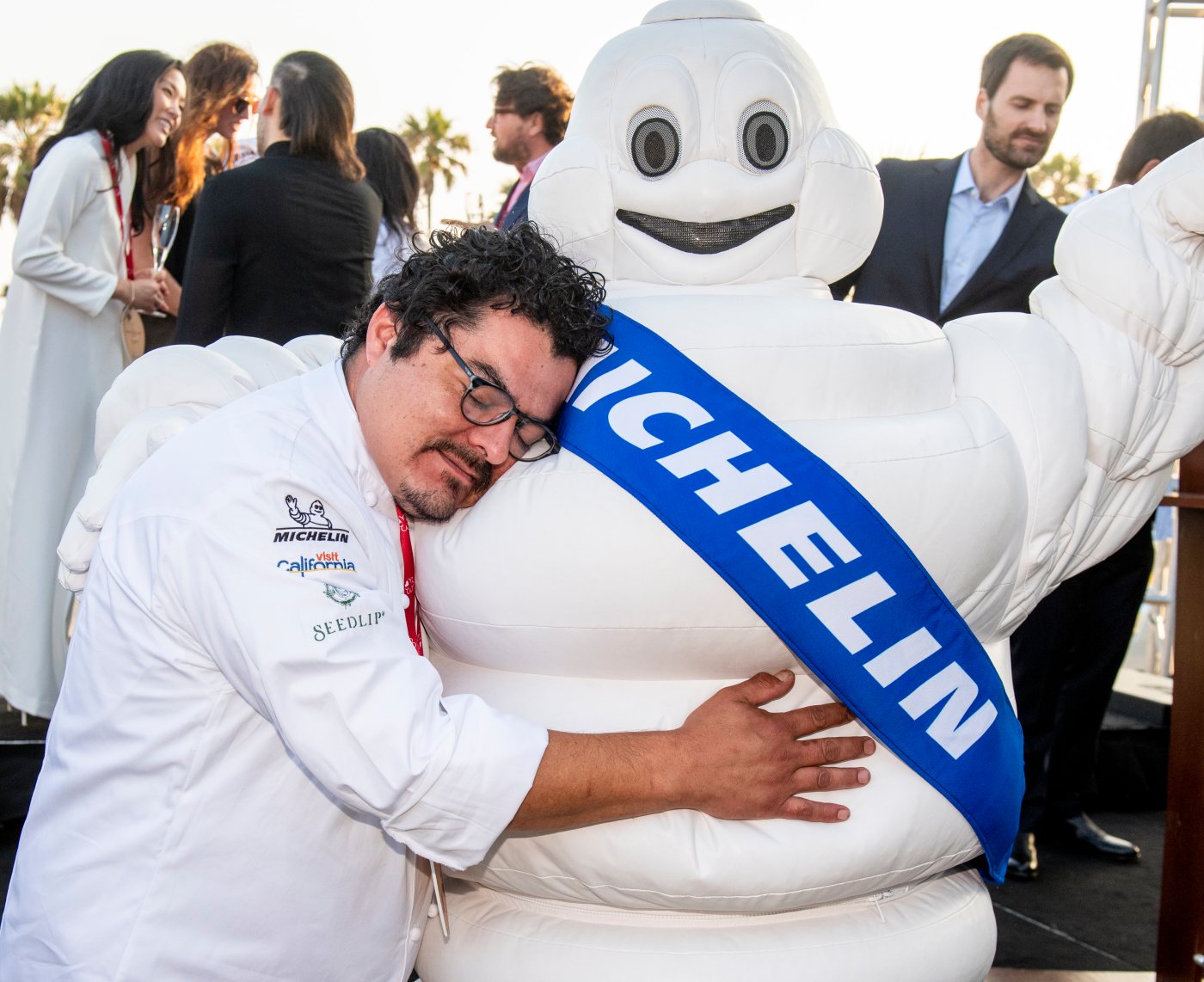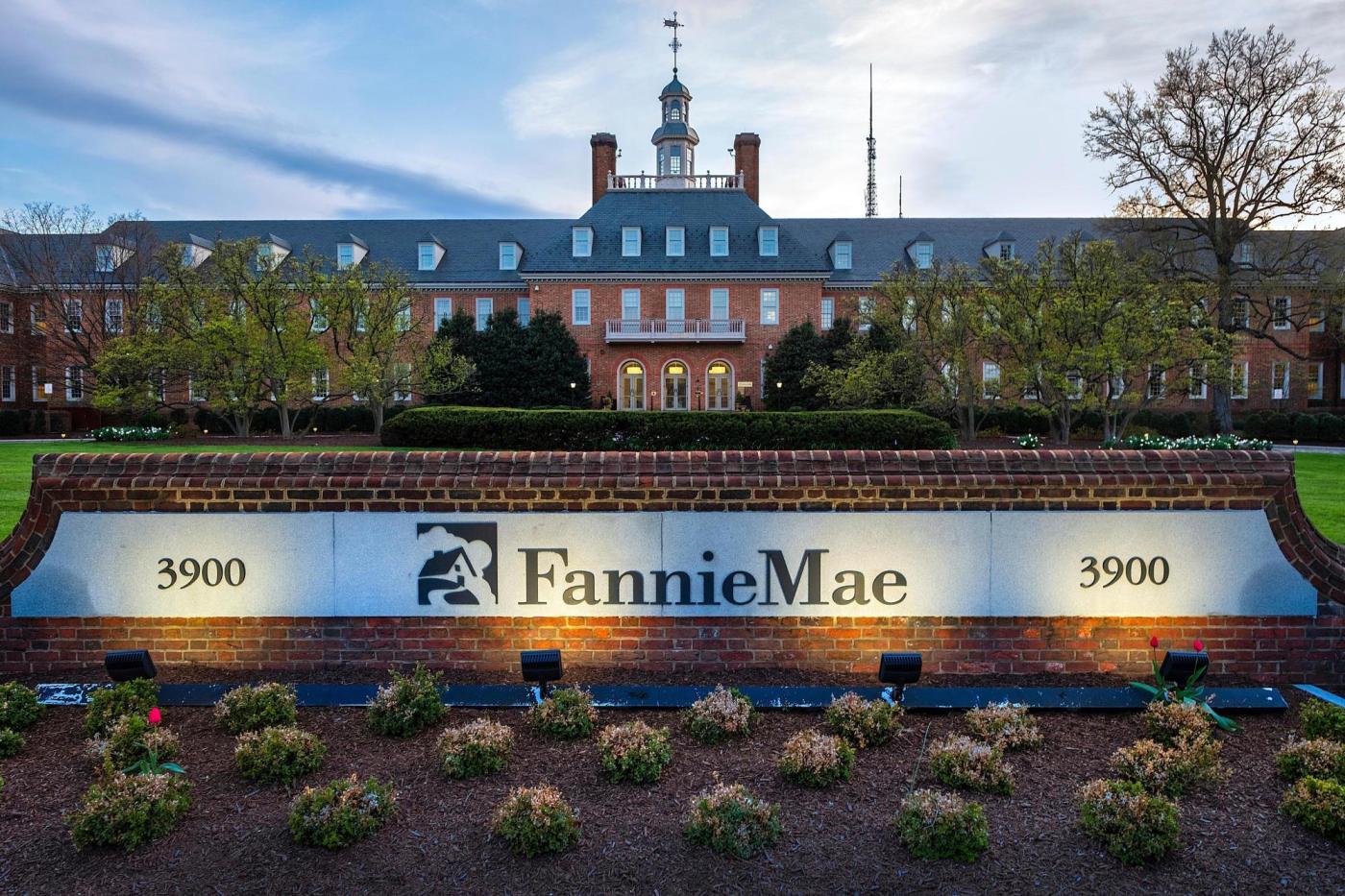Cal’s challenge in the ACC became substantially more difficult with the recent settlement of a multi-billion dollar lawsuit that creates revenue sharing with athletes and increases pressure on budgets from coast to coast.
The screws were tightened by one of the Bears’ own.
Claudia Wilken, a senior judge for the Northern District of California who earned a law degree from Cal, changed college sports forever on June 6 with her 76-page opinion in the House vs. NCAA antitrust case.
Less than 24 hours later, the Bears went public with the initial phase of their plan to compete and combat — compete against their ACC peers while (somehow) combating the massive cost of the House settlement.
In the 2025-26 academic year, schools have the option to share up to $20.5 million in revenue with athletes. (The figure will increase over time as revenues rise.)
Although the ACC is allowing each campus to craft an allocation plan that suits its budget and competitive priorities, many schools are expected to devote approximately $15 million to the football roster, another $4 million (roughly) to men’s basketball and the remaining amount to Olympic sports.
In their statement, the Bears expressed a commitment to “providing the resources necessary — with the significant support of Cal’s donors and alumni — to recruit and support world-class student-athletes in this new environment.”
The only details offered were straight from the chancellor himself.
Rich Lyons has created a matching plan in which the administration will use “campus resources” to match donor contributions up to $6 million for football, $1.5 million for men’s basketball and $500,000 for women’s basketball.
In other words, if Cal receives $6 million in donations for football, campus will pitch in $6 million, as well, suggesting a maximum allocation of $12 million.
Except that’s not quite right, because the Bears could exceed $6 million in donations. While campus wouldn’t offer a match on those dollars, they would be entered into the football program’s revenue-sharing pot.
What Cal’s statement did not mention: $12 million for the football roster won’t be nearly enough to compete for top-tier finishes in the ACC.
Clemson, Florida State, Miami, SMU and others will offer the maximum for football (about $15 million) and then exceed the revenue-sharing cap with external NIL dollars.
No, NIL (name, image and likeness) isn’t going away in the new era. Instead, the ACC, Big 12, Big Ten and SEC are attempting to clean up the marketplace by requiring athletes to report all agreements worth $600 or more. A technology platform called NIL Go, created by Deloitte, will determine if the deals meet a reasonable range of compensation for the services performed.
The goal is to root out the pay-for-play arrangements that have ruled the NIL era, with booster-run collectives dangling six- and seven-figure payments to lure transfers and high school recruits in exchange for … not much.
In theory, schools with the most passionate constituents and most lucrative business opportunities will have an advantage in using legitimate NIL dollars to supplement their revenue sharing.
Put another way: Florida State’s roster could cost $20 million, with $15 million in revenue sharing from the school and another $5 million in legitimate NIL deals within the community. (Illegitimate deals remain a possibility, despite the best efforts of the conferences.)
How much will Cal muster for external NIL opportunities? Could the total value of the football roster exceed $15 million? And what of the Bears’ other 29 intercollegiate sports?
The Bears are committed to fully participating in revenue sharing, according to an athletic department spokesperson, but their success in that endeavor could depend on what happens next.
If they don’t reach the ceiling ($20.5 million) established by the House settlement through donations and campus matching funds, the Bears plan to “explore all options” to identify new sources of revenue, the spokesperson said.
Across major college sports, there’s an escalating fear that resources will be diverted to football and men’s basketball, which generate the revenue that funds the money-losing Olympic sports.
Many within the industry expect schools to eventually establish tiers, with steady funding for the five or six sports that matter most. Any Olympic sport categorized as second tier could have its budget trimmed, either through reductions in operational costs or staff compensation. Some sports would effectively become club teams.
That’s not the plan in Berkeley, where Lyons is shrewdly emphasizing endowments as a way for Olympic sports to pay for themselves in the new era. (Rugby recently became the third sport to attain endowed status. The others are men’s and women’s golf.)
Related Articles
Big Ten basketball: Purdue, Michigan, Illinois lead our post-transfer portal power rankings
Assessing the Pac-12, CBS deal: Big Ten factor, CBB coverage, MW impact
Pac-12 media rights: CBS revealed as primary partner with more to come
Why the SEC, Big Ten impasse over CFP format for 2026 matters to everyone
College football recruiting: Oregon, BYU await decision by QB Ryder Lyons
There are two additional morsels of good news for the Bears:
— Lyons understands the broad impact of success on the field (and the court) on a deeper level than any Cal chancellor since at least Chang-Lin Tien, who ran the show in the 1990s
“As an important driver of alumni and donor engagement, which is so important to advancing our mission,” Lyons noted in the school’s statement, “Athletics contributes greatly to the strength of our community.”
— The revenue-sharing era will provide the Bears with a benchmark to judge their commitment.
If the combination of donations, campus matching funds, athletic department allocations and legitimate NIL opportunities leave Cal’s football program with one of the lowest-paid rosters in the ACC, a long slog is inevitable.
If the roster is well-funded, coach Justin Wilcox and his staff should be held to a higher standard than has existed to this point.
(Translation: If the dollars are there, 6-6 isn’t good enough.)
At this point, firm conclusions are ill-advised. Schools need time to implement revenue sharing, identify new sources of cash and adjust to the revamped NIL marketplace.
But life in the post-House era seemingly won’t get easier for a football program that was challenged before the world changed.
*** Send suggestions, comments and tips (confidentiality guaranteed) to [email protected] or call 408-920-5716
*** Follow me on the social media platform X: @WilnerHotline





